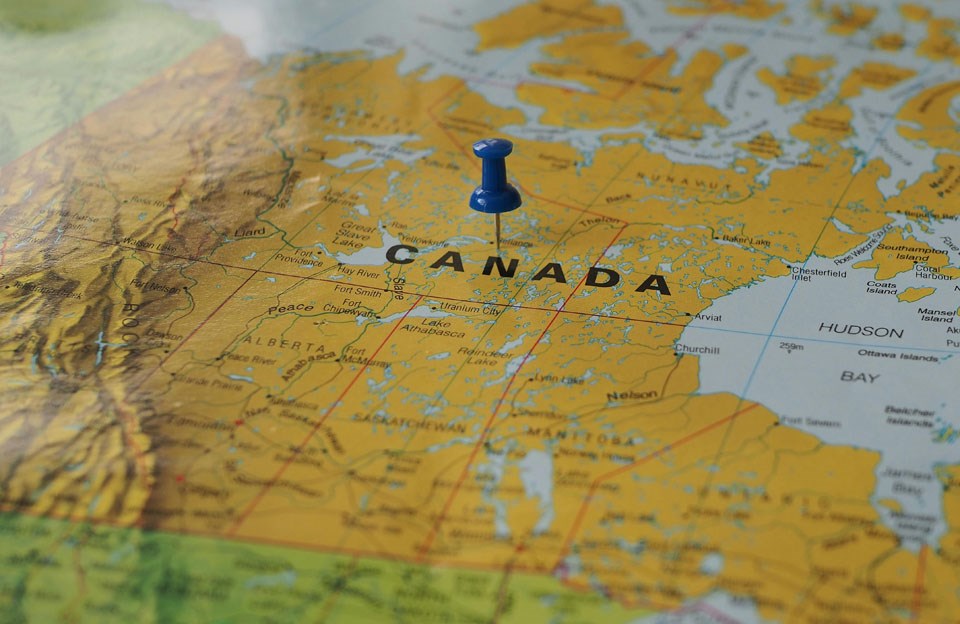‘Screw the West, we’ll take the rest.’ Those infamous words, uttered by Liberal strategist Keith Davey during Pierre Trudeau’s 1980 election campaign, still echo across the Prairies.
Trudeau’s campaign openly marginalized Western Canada, concentrating primarily on Ontario and Quebec to secure victory. This dismissive approach fuelled longstanding grievances about Western alienation and political isolation.
Today, many Western voters continue to feel their ballots don’t count, but recent elections suggest otherwise. The West has consistently prevented Eastern Canada from handing the Liberals a majority. Don’t buy the myth: Western Canada does matter, and the numbers clearly demonstrate its influence.
The Prairie provinces, British Columbia and the territories collectively hold 108 of Canada’s 343 seats. Their recent votes were pivotal in limiting the Mark Carney-led Liberals to a minority government.
Voters east of Manitoba elected 138 Liberals, 73 Conservatives, one NDP and 23 Bloc MPs. Without the influence of Western votes, Eastern Canada alone would have given Carney a commanding Liberal majority.
However, Western voters overwhelmingly backed Pierre Poilievre’s Conservatives, awarding his party 70 seats. In contrast, the Liberals secured only 31, the NDP six and the Greens just one seat.
Nationally, this resulted in the Liberals securing 169 seats, falling just three seats short of a majority government. While Western Canada did not select the governing party, its significant Conservative turnout prevented Eastern Canada from fully realizing its political preferences.
Given the West possesses roughly one-third of Canada’s parliamentary seats, this outcome is as fair as the region can reasonably anticipate.
Such election outcomes have become characteristic since the merger of the Reform Alliance and the Progressive Conservatives in 2003.
In the 2004 election, Eastern Canada heavily favoured Paul Martin’s Liberals. The West’s support for the Conservatives, however, denied Martin a majority.
The 2006 election saw the West instrumental in bringing Stephen Harper’s Conservatives into power with a minority government. Eastern Canada alone would have returned a Liberal minority government.
In 2008, Harper maintained another minority government by achieving balanced electoral support in both Eastern and Western Canada.
By 2011, Eastern voters offered stronger support for Harper’s Conservatives than before. Yet without Western seats, Harper still would not have reached a majority.
Only the 2015 election marked a notable deviation, when Justin Trudeau’s Liberals secured a decisive majority. Yet even in that election, Western Canada contributed significantly, delivering an additional 28 Liberal seats.
By 2019, however, the Western vote again proved decisive, returning Trudeau’s Liberals to minority status. This scenario repeated in 2021.
Despite this clear and repeated political impact, many Westerners still feel disenfranchised. Why does this perception endure?
This sense of disenfranchisement is as much about perception as reality. Western Canadians often perceive Eastern voters not merely as fellow citizens, but as electorates seeking empowerment at the West’s expense.
There remains a deep-seated suspicion that Eastern Canada dominates political discourse and policymaking in ways that neglect or actively disadvantage Western interests. Economic policies related to energy, agriculture and natural resources often exemplify this divide, reinforcing the perception of Western alienation.
Nevertheless, the West holds significant electoral leverage; any political party that dismisses or undervalues its concerns will find it difficult, if not impossible, to form a stable majority government.
Lee Harding is a research fellow for the Frontier Centre for Public Policy.
The commentaries offered on SaskToday.ca are intended to provide thought-provoking material for our readers. The opinions expressed are those of the authors. Contributors' articles or letters do not necessarily reflect the opinion of any SaskToday.ca staff.




